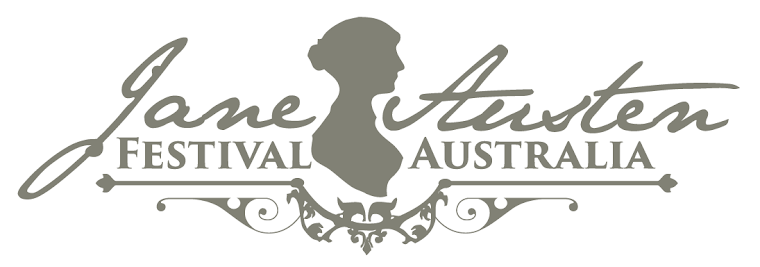The essayist Sydney Smith, a contemporary
of Jane Austen, famously defined pedantry as ‘the ostentatious obtrusion of
knowledge’. Quite apart from the serendipitous pun—ostentatious—it’s a definition which fits the third sister in
Austen’s Pride and Prejudice
perfectly. Mary Bennet obtrudes her knowledge at every opportunity. She really
is a bit of a pain.
Mary makes her
first appearance in the second chapter of Pride
and Prejudice, sarcastically framed by her father as a ’young lady of deep
reflection’ who reads ‘great books and makes extracts’. A little later, Jane
Austen tells us that Mary’s singing shows ‘neither genius nor taste’, that she
is ‘always impatient for display’ and has ‘a conceited manner’ and ‘a pedantic
air’.
Fashioning a heroine out of such unpromising
material might seem daunting—if not downright perverse. As one editor of my novel, Mary Bennet, commented: ‘I feel that Mary needs to be a little more
engaging/likeable. Obviously you’ve based her on the character in Pride and
Prejudice, but if she is to be the
protagonist, we need to empathise with her to some degree.’ (For a wonderful article on ‘likeability’ in
fictional characters, see Charlotte Wood’s blog http://thehoopla.com.au/hate-loathe/
) But the editor’s comment did point to my
difficulty in reimagining Mary. On the one hand, I wanted to stick to Austen’s script
and not ignore unattractive aspects of the character, but I also wanted the reader
to empathise with Mary, to appreciate what a difficult hand she’d been dealt. She’s
‘the only plain one’ of the five Bennet sisters after all, and as a middle
child she’s isolated within her own family, having no confidante among her
sisters. And neither of her parents favours her— Mrs Bennet spoils her youngest
daughter, Lydia, while Mr
Bennet always gives his second daughter, Elizabeth,
the preference.
My Mary doesn’t much like Elizabeth– she’s more than a little jealous of
her of course—but I can’t help feeling that Jane Austen didn’t much like Mary!
Austen had no time for people who ‘ostentatiously’ obtruded their knowledge. In
a letter to the Prince Regent’s librarian, she writes of herself: ‘I think I may boast myself to be, with all
possible vanity, the most unlearned and uninformed female who ever dared to be
an authoress.’ (Letter [132(D)] 11/12/1815)
Blog post written by Jennifer Paynter for the Jane Austen Festival Australia Blog



1 comment:
I have regularly wondered about Mary. She has had my sympathy and as a bit of an under dog in a difficult situation, I believe it would be easier to sympathize with her, than with Emma Wood house, who is just rather unpleasant.
Post a Comment